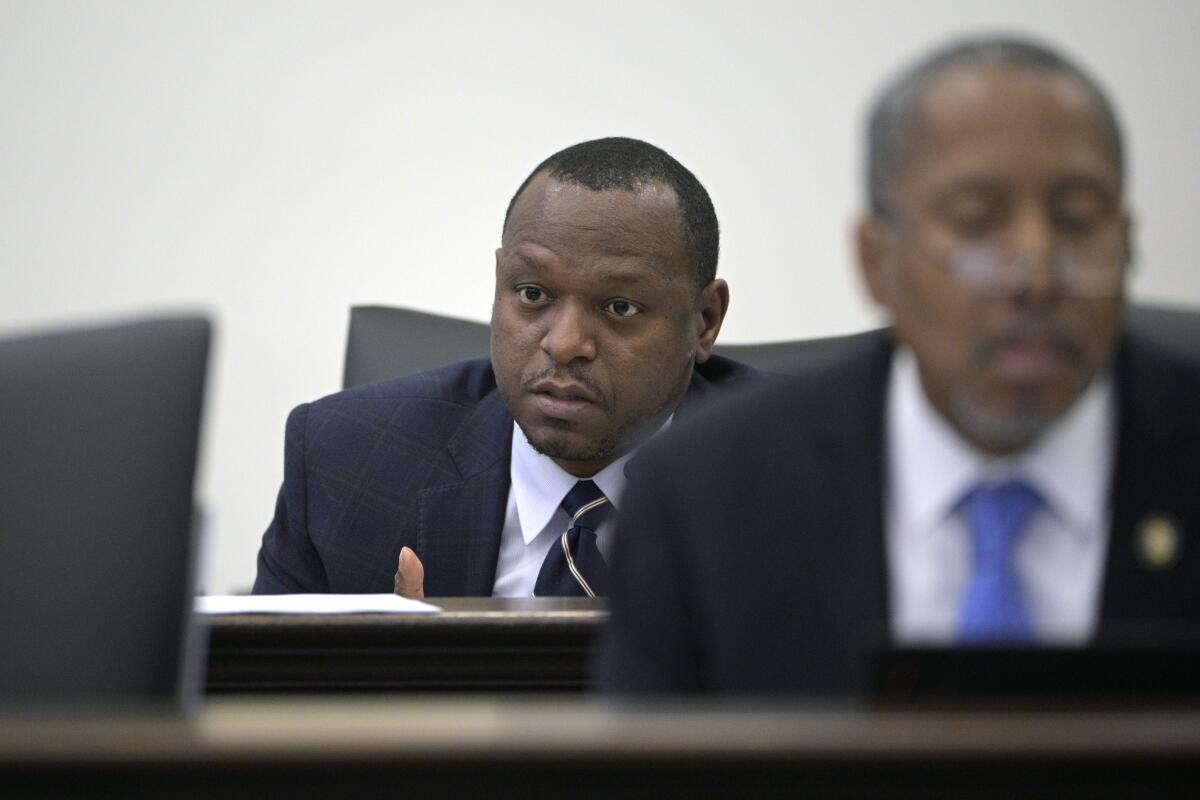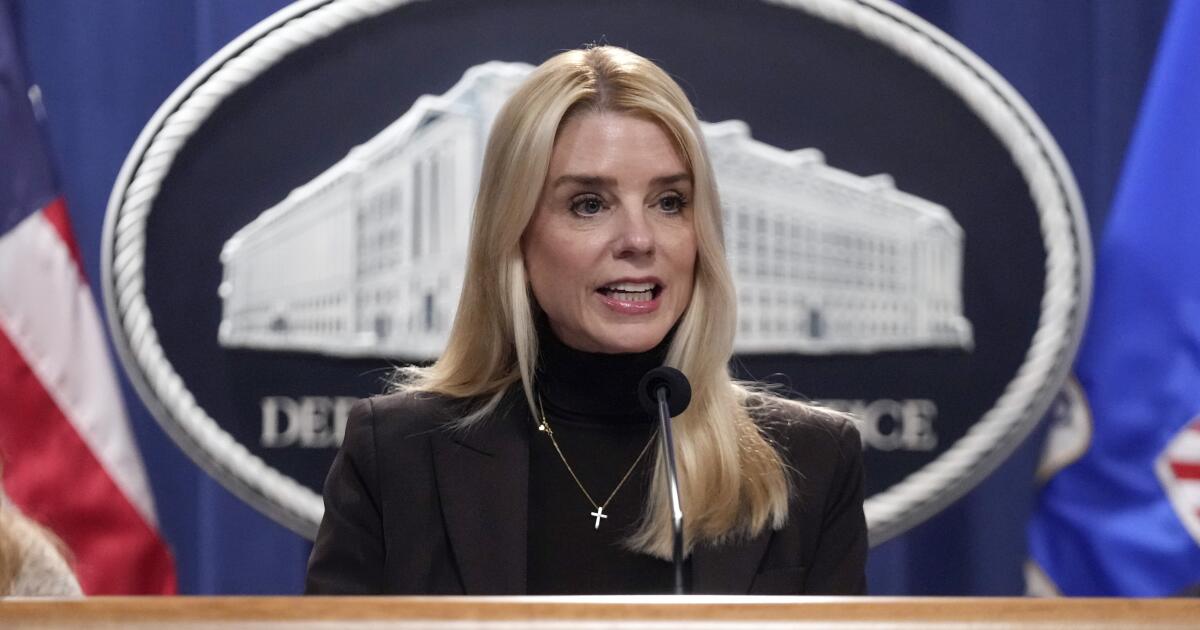Democrats eye new presidential primary calendar in 2028
MINNEAPOLIS — The Democratic National Committee is seriously considering scrambling the party’s 2028 presidential primary calendar. And South Carolina — the state that hosted the Democrats’ first-in-the-nation contest in 2024 — is far from a lock to go first.
That’s according to several members of the DNC’s new leadership team, including Chair Ken Martin.
“The idea that we’re just going to sort of rubber-stamp the same old calendar, that is not likely what’s going to happen,” Martin told the Associated Press.
Followed closely by political insiders, the order of each party’s state-by-state presidential nomination process has major implications for the economies of the states involved, the candidates and ultimately the nation.
The changes may come even as the next presidential primary has already begun — informally, at least. Half a dozen presidential prospects have already begun to make early pilgrimages to the states that topped the calendar last time — South Carolina, New Hampshire and Iowa chief among them.
The would-be candidates may need to amend their travel schedules.
Why the ‘early states’ may change
Although Democrats and Republicans have the power to change their calendar every four years, the same batch of states — Iowa, New Hampshire, South Carolina and Nevada — have dominated the process for decades.
Democrats, led by then-President Biden, gave South Carolina the opening position in 2024 instead of Iowa and New Hampshire in a nod to the party’s loyal base of Black voters, while adding Georgia and Michigan to the so-called early window.
But now a new group of party officials is governing the calendar process. Martin earlier in the year replaced former Chair Jaime Harrison, a South Carolina native. And 32 of the 49 members of the powerful Rules and Bylaws Committee, which will vote on any new calendar before it moves to the party’s full body, are new to the committee.
“We’re not as tied to the way we’ve always done things,” said DNC Vice Chair Shasti Conrad, who is a newcomer to Rules and Bylaws and also chairs the Washington state Democratic Party.
“A priority for me is that there are large communities of color in those states,” Conrad said.
Which states could replace South Carolina?
As Democratic officials gathered in Martin’s home state of Minnesota for their summer meeting this week, there were several private conversations about whether South Carolina, which is a reliably Republican state, should be replaced by another Southern state that is considered a swing state in the general election. North Carolina and Georgia are considered the early favorites if a change is made.
Martin himself said South Carolina could lose its top spot. But he expressed confidence that a state with a large Black population, if not South Carolina, would be featured prominently in the Democrats’ next nomination process.
“Clearly, the most reliable constituency of the Democratic Party are Black voters, and they will have a prominent role in the selection of our nominee,” Martin said. “And whether it’s South Carolina or some other states, rest assured that making sure that there’s a state in the mix that actually will battle test your nominee with African American voters is really critical to making sure we can win in November.”
States are lobbying for spots
Leaders from several states hoping to claim an opening slot began making their cases in private conversations with influential DNC members this week. Others have begun to speak out publicly. Officials from Nevada and Iowa have advocated for themselves more publicly in recent days.
Nevada Democrats released a memo on Wednesday arguing that Nevada should win the top spot in 2028 if the party “is serious about winning back working-class voters.”
“Given the challenges we are facing to rebuild our party brand, we cannot afford to have overwhelmingly college-educated, white, or less competitive states kick off the process of selecting our party’s nominee,” wrote Hilary Barrett, executive director of the Nevada Democratic Party.
Harrison said he would “fight like hell” to ensure South Carolina stays first in 2028.
“If you take a look at every presidential primary we’ve had over the last 20 years, South Carolina has been a better predictor than Nevada, Iowa or New Hampshire in terms of picking” the eventual nominee, Harrison said. “And that is because our people are not ideological. … No, a majority of Black voters are not conservative or progressive. They’re pragmatic.”
Harrison noted that while South Carolina went first in 2024, there was no real competition for Biden.
“I think it’s a big slap in the face if you say that you don’t even give South Carolina an opportunity to be first in the nation at least one time in an open primary process, right?” he said.
What’s next in the process
The debate won’t be decided this year.
The Rules and Bylaws Committee will host a meeting in September to formalize how the calendar selection process will play out. Martin said a series of meetings would follow throughout the fall, winter and into next spring.
New Hampshire Democratic Party Chair Ray Buckley, one of the few veterans who retained their seat on Rules and Bylaws, noted that New Hampshire is bound by state law to host the nation’s opening presidential primary election regardless of the DNC’s wishes.
New Hampshire, of course, bucked the DNC’s 2024 calendar. Iowa in recent days has threatened to go rogue as well in 2028 if it’s skipped over again.
“Everyone has the opportunity to make their case,” Buckley said. “New states, interesting states, will make their case. And I have faith that the process will be fair.”
Peoples writes for the Associated Press.


